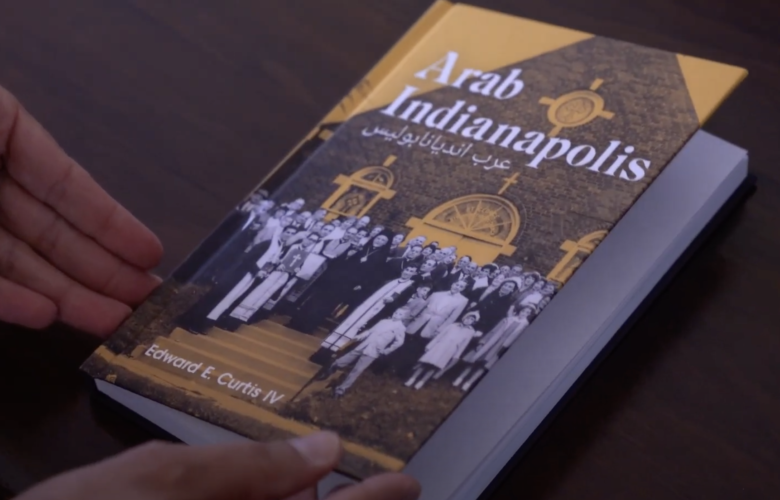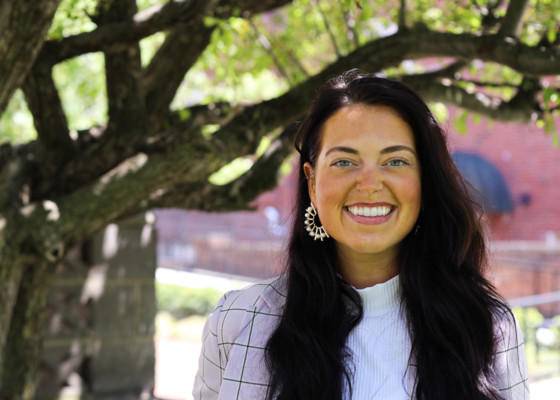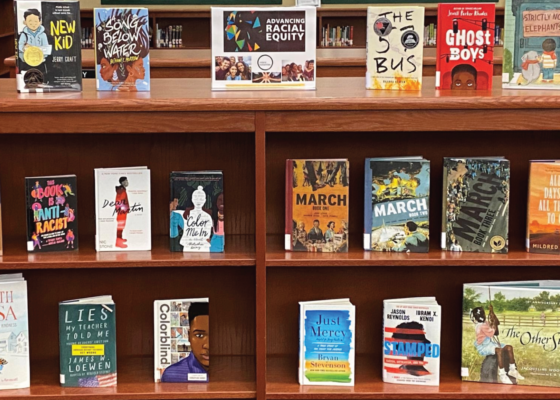Exploring Arab Indianapolis: Telling the Untold Stories
June 14, 2022Dr. Edward E. Curtis IV wants to document the presence and contributions of the Arab community in Indiana since the 1800s and share that history with all Hoosiers. Curtis, the…
Dr. Edward E. Curtis IV wants to document the presence and contributions of the Arab community in Indiana since the 1800s and share that history with all Hoosiers.
Curtis, the William and Gail M. Plater Chair of the Liberal Arts and professor of religious studies in the School of Liberal Arts at Indiana University-Purdue University Indianapolis, is director of the Arab Indianapolis community history project. He created the project to deliver the story of the Arab community in Indianapolis to a broad audience. There is the Arab Indianapolis Heritage Trail, the book Arab Indianapolis and the documentary Arab Indianapolis: A Hidden History, which debuts on WFYI Channel 20 on June 16 at 9pm.
The documentary starts where the Arab community in the city truly began, on Willard Street, at the heart of what was called the “Syrian Quarter” in the late 1800s. We witness the establishment of an Arabic-speaking neighborhood in Indianapolis which is underneath what is Lucas Oil Stadium today. We hear the stories of those who made history, like Helen Corey — from Terre Haute, Indiana — the first Arab American to hold statewide elected office and the author of well-known cookbooks, and Jeff George, a Syrian American from Indianapolis who went on to play quarterback for the Indianapolis Colts. The film includes over 80 color photographs, interviews and recipes.
As a scholar and creator, Curtis credits the humanities for guiding his approach to the project, including asking tough but essential questions about the prejudice and discrimination Arab Americans have faced. “The humanities have opened up worlds that aren’t necessarily part of my own narrow experience. It makes life so much richer that I can’t imagine having done the Arab Indianapolis project without a humanities approach,” he said.
Indiana Humanities supported the Arab Indianapolis documentary with an Action Grant, which is given to projects that help people learn new information, consider different perspectives and share ideas to understand one another better.
Curtis hopes that through telling the community’s untold story in the film, the themes that emerge will resonate with others who share similar experiences.
“Who we tell stories with and where we tell those stories matter,” Curtis said.
Catch Arab Indianapolis: A Hidden History on WFYI Channel 20 June 16 at 9pm and visit https://arabindianapolis.com for more details about the project.




